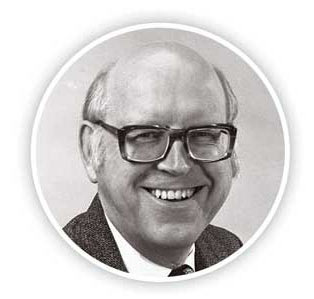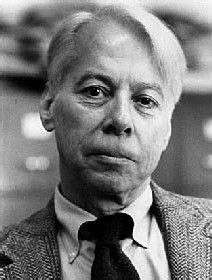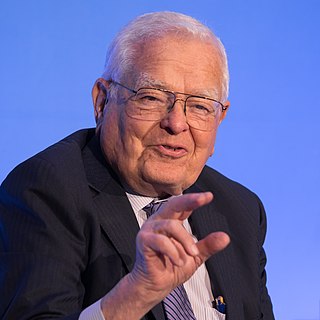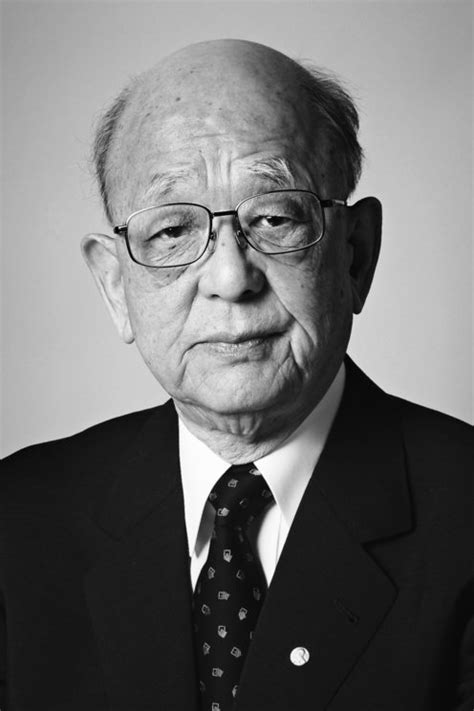A Quote by Jerry Fodor
Faculty Psychology is getting to be respectable again after centuries of hanging around with phrenologists and other dubious types. By faculty psychology I mean, roughly, the view that many fundamentally different kinds of psychological mechanisms must be postulated in order to explain the facts of mental life. Faculty psychology takes seriously the apparent heterogeneity of the mental and is impressed by such prima facie differences as between, say, sensation and perception, volition and cognition, learning and remembering, or language and thought.
Quote Topics
After
Again
Apparent
Around
Between
Centuries
Cognition
Differences
Different
Different Kind
Different Kinds
Dubious
Explain
Facts
Faculty
Fundamentally
Getting
Hanging
Hanging Around
Impressed
Kinds
Language
Learning
Life
Many
Mean
Mechanisms
Mental
Must
Order
Other
Perception
Prima
Psychological
Psychology
Remembering
Respectable
Roughly
Say
Sensation
Seriously
Takes
Thought
Types
View
Volition
Related Quotes
To say that a thing is imaginary is not to dispose of it in the realm of mind, for the imagination, or the image making faculty, is a very important part of our mental functioning. An image formed by the imagination is a reality from the point of view of psychology; it is quite true that it has no physical existence, but are we going to limit reality to that which is material? We shall be far out of our reckoning if we do, for mental images are potent things, and although they do not actually exist on the physical plane, they influence it far more than most people suspect.
In joint scientific efforts extending over twenty years, initially in collaboration with J. C. Shaw at the RAND Corporation, and subsequently with numerous faculty and student colleagues at Carnegie-Mellon University, they have made basic contributions to artificial intelligence, the psychology of human cognition, and list processing.
The issue Fodor writes about is central to the psychology of perception, cognition, and action. It is the central issue for anyone who would seriously study the neurobiology of behavior: Is the mind organized horizontally or vertically or both, and what are the consequences to psychology of proceeding on one assumption or the other? This has been little analyzed and written about. Jerry Fodor has repaired that omission and had done it brilliantly.
I focus on faculty, as opposed to facilities, budgets, endowments or students. I do so because I believe, based on many decades of work as a teacher, a scholar and an administrator, that the quality of the faculty determines the quality of the university. Everything else flows from the quality of the faculty. If the faculty are good, you will attract good students and you will have alumni who will raise funds for you.
The virtue of a faculty is related to the special function which that faculty performs. Now there are three elements in the soul which control action and the attainment of truth: namely, Sensation, Intellect, and Desire. Of these, Sensation never originates action, as is shown by the fact that animals have sensation but are not capable of action.
In total, I have spent 35 years at Hokkaido University as a staff member - 2 and a half in the Faculty of Science, and the other 32 and a half in the Faculty of Engineering. Other than about two years of study in America and a few months in other places overseas, most of my life has been spent at the Faculty of Engineering.





































